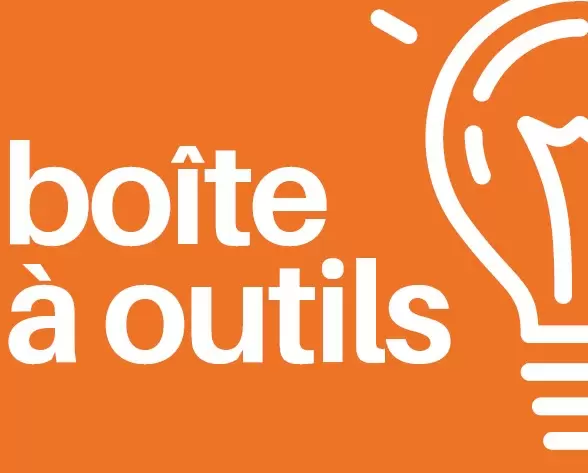Toolbox: ELIPSE: a tool for assessing industrial and territorial ecology projects

Since the 2010s, there are more and more industrial and territorial ecology projects (ITEs) owing to the proliferation of regional calls for projects throughout the country. The diversity of initiatives is such that measuring the major breakthroughs and actual impacts appears essential
Methodological tools existed to identify synergies and mobilize people, but not to assess progress, and their effects, and make these projects part of a continuous improvement process. So in 2014 OREE initiated the first national repository for assessing the performance of industrial and territorial ecology initiatives (EvaLuatIon des PerformanceS des démarches d’Ecologie industrielle et territoriale - ELIPSE), with the support of ADEME and the General Commission for Sustainable Development (Commissariat Général au Développement Durable) and in partnership with researchers from the Universities of Grenoble-Alpes, Lyon and Technologie de Troyes, field expertise of the firms Auxilia, EcoRes and Indiggo, and local people
ELIPSE aims to be a tool:
- for strategic management and continuous improvement for all ITE project leaders
- for technical and financial support for ADEME, Regional Councils and other funders to monitor and guide support for project leaders
- for capitalization at national level to situate French initiatives in relation to each other, promote best practices and monitor progress of the ITE within a common framework.
Taking into account the diversity and level of maturity of initiatives, and providing a strong vision of sustainability and a philosophy of joint assessment of projects are the foundations of this tool, created in four stages, from May 2015 to December 2016:
- A survey of 220 people or entities involved in ITE (facilitators, support structures, researchers, etc.) to gauge the interest of such a repository, expectations, relevant indicators, etc. Out of 60 respondents, 85% were in favour of such a repository;
- The development of a first version of the repository with an initial table of indicators divided into three parts: flow looping, cooperation and creating local wealth. This version has been enhanced, modified and adjusted during participatory workshops;
- The repository was tested in real and participatory situations by ten pilot sites including one in Auvergne Rhône-Alpes (Grand Projet Rhône Médian) and two outside of France (Belgium and Quebec);
- Joint construction of an on-line platform to enable the repository to be used easily.
The platform has been accessible since December 2016.
For more information: www.referentiel-elipse-eit.org
-----
Source: ECLAIRA - Newsletter Number 6 / March 2017
Newsletter edited by CIRIDD with support from Région Auvergne - Rhône-Alpes
See all the ECLAIRA newsletters
---